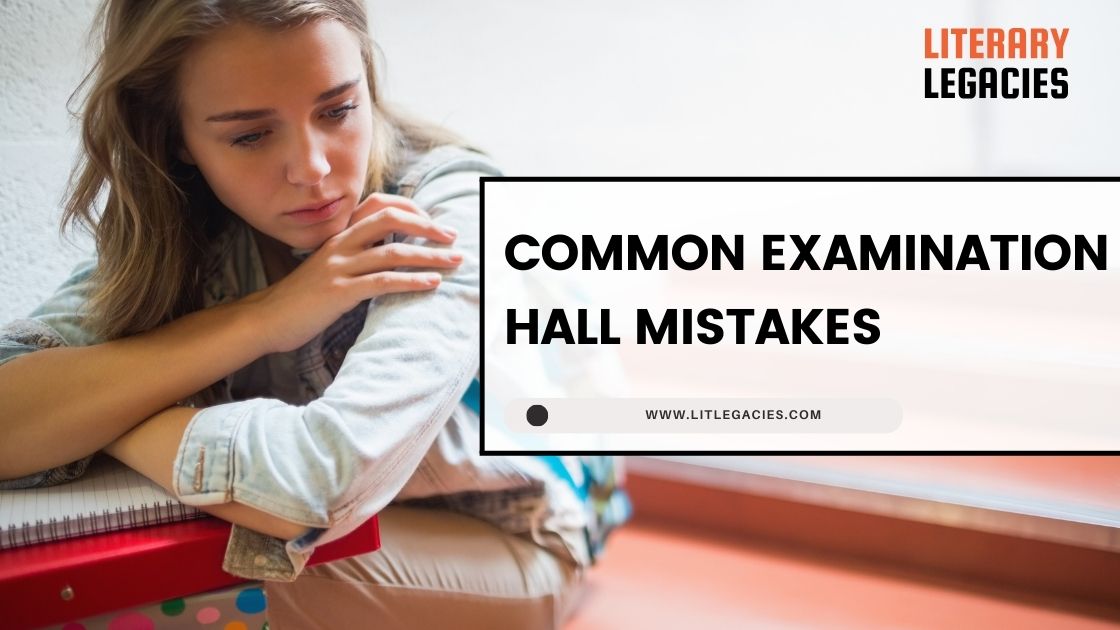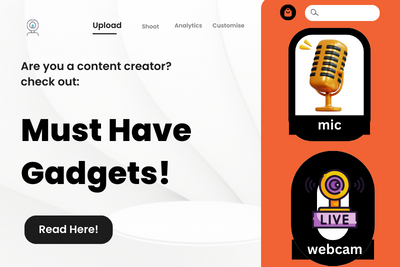It’s always surprising that there are students who study less and crack UGC-NET in five to six months of consistent study.
On the other hand, we have students who have been preparing for UGC-NET English for a couple of years yet failed to do so.
So, covering the syllabus matters but not to a great extent. Several factors determine whether you will crack the UGC-NET English exam or not.
We have already discussed How UGC-NET Success Hinges On A Student’s Personality; now let’s discuss how we can strategize in the examination hall.
Reading Questions
During our mentorship program, I have talked to the students who struggled to crack the exam on their fourth or fifth attempt.
When I look at the question paper and the answers marked by them, I found that the most common candidate’s mistake is not paying attention to the questions carefully.
Even the intelligent students in the batch often committed the same mistake in past.
That is why such candidates rank high in every mock test but fail to come even closer to the cut-off in the actual examination.
The correct answer is always there sitting in the question. Taking the time to read and comprehend the questions can significantly improve your chances of qualifying for UGC-NET.
Encountering Challenging Questions
Another factor that why students score more in mock tests and less in examination is stress.
It is common to find some candidates getting anxious upon encountering challenging questions. Stress causes such students to underperform.
Even though there was a student in our batch who had scored an average of 65% in every mock test available in our 300+ Premium Mock Test Series, the results were disheartening when it came to the actual examination.
She scored 51% in that UGC-NET English attempt.
After getting into a discussion, she admitted she was anxious during the exam and carelessly picked the wrong options in a hurry.
Fortunately, after mending her weakness, she cracked her first UGC-NET on the next attempt.
There are two things that I want to emphasize:
- If you have prepared for over 7-8 months and still find the question paper challenging, most probably other candidates will also find the questions difficult to solve. So, everyone is still on the same line.
- Approach the question paper as if you are approaching the mock test. In this way, you are more relaxed and detached from the results.
Only when you are calm can you utilize all your ability to deliver your best performance.
Approach Paper 2 Before Paper 1
It is through experience and qualifying the exam several times I realised that approaching Paper 2 before Paper 1 can provide an additional advantage.
In English Literature, we do not have time-consuming questions.
If you have studied the topics and know the authors’ names and their works, asked in a question, you can solve it in less than 20 seconds.
When faced with a question from a poet, novelist, or dramatist and their works, we don’t know the immediate answer, we can only employ guesswork.
In this case also, we can make the guess in less than 20-30 seconds and move to another question.
Spending a lot of time on one question do not guarantee right answers, at least those factual type questions from literature.
It is another thing for the students of Mathematics or Commerce. They come closer to the answer as they spend more time and effort on a question.
Therefore, in Paper 1, when it comes to the topics like mathematics, missing numbers, data interpretation, and reading comprehension, you can allocate more time here.
Prioritize Familiar Questions
It is advised to prioritize familiar questions. Skipping the hard questions and solving the questions that you know the answers to will help in many different ways:
- It boosts your confidence and builds momentum for difficult questions.
- As you solve the familiar questions, you can allocate your time and focus on time-consuming questions.
- Allocating more time to reading comprehension, questions from literary theory, and passages from drama and poems can help you score more than the students struggling with time management.
- It releases stress and pressure during the last hour of the exam.
Use Hindi As A Medium To Enhance Comprehension
As we know, UGC-NET Paper 1 is available in both Hindi and English, and you can use the Hindi language to your advantage. Sometimes, an unfamiliar word or sentence makes more sense in one language than another.
I have also used this approach many times and found that reading a question in Hindi can provide valuable clues to understanding a sentence.
Now, do not misunderstand me and start preparing Paper 1 in Hindi Language. It is not recommended at all.
- While it is easy to incline towards a subject in the native language, it is not a good practice to study core literature in a different language as an English Literature student.
- You may get strong in Paper 1 by choosing Hindi, but you will miss out on grasping the essence of English Literature.
- Hindi language can only be used as an aid and it cannot substitute the English language while understanding the nuances of literature.
Remaining topics such as reasoning, mathematics, DI, and reading comprehension in Paper 1 are all about practice.
The more you practice, the easier it will get for you to identify patterns and efficiently tackle the questions. In that case, solving mock tests will help.
You can check out 300+ Premium Mock Tests on Paper 1 and 2 on the Limitless Literature mobile application.



